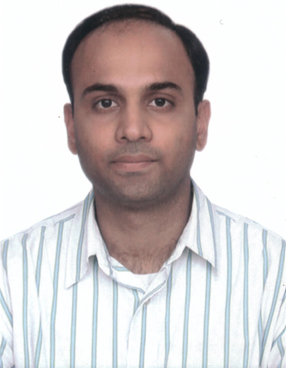This course covers fundamental concepts of communication systems, which are essential for the understanding of advanced courses in digital/ wireless communication systems. Beginning with various basic tools such as Fourier Series/ Transform, the course will also cover several important modulation techniques such as Amplitude Modulation, Frequency Modulation, Phase Modulation etc. Sampling process and Quatization, including Nyquist criterion and reconstruction of the original signal from the sampled signal will be dealt with in the later parts of the course. Further, the course will also cover concepts in probability and random variables/ processes and is designed to serve as a basic course towards introducing the students to various aspects of probability from the perspective of modern digital and wireless communications. Thus, it will focus on basic concepts in probability, random variables and random processes, while also illustrating digital/ wireless communication specific examples to better bridge the gap between theory and application.
This course is suitable for all UG/PG students and practicing engineers/ managers who are looking to enhance their knowledge of the fundamental principles underlying various communication systems as well as students preparing for their college/ university/ competitive exams.
INTENDED AUDIENCE : Intended audience is students, practicing engineers, technical and non-technical managers of telecom companies, students preparing for competitive exams with communication engineering subject
PRE-REQUISITES : Basic knowledge of Probability, Calculus
INDUSTRY SUPPORT : Most companies in wireless communications area should find this useful. Examples are Qualcomm, Broadcom, Intel etc.

DOWNLOAD APP
FOLLOW US